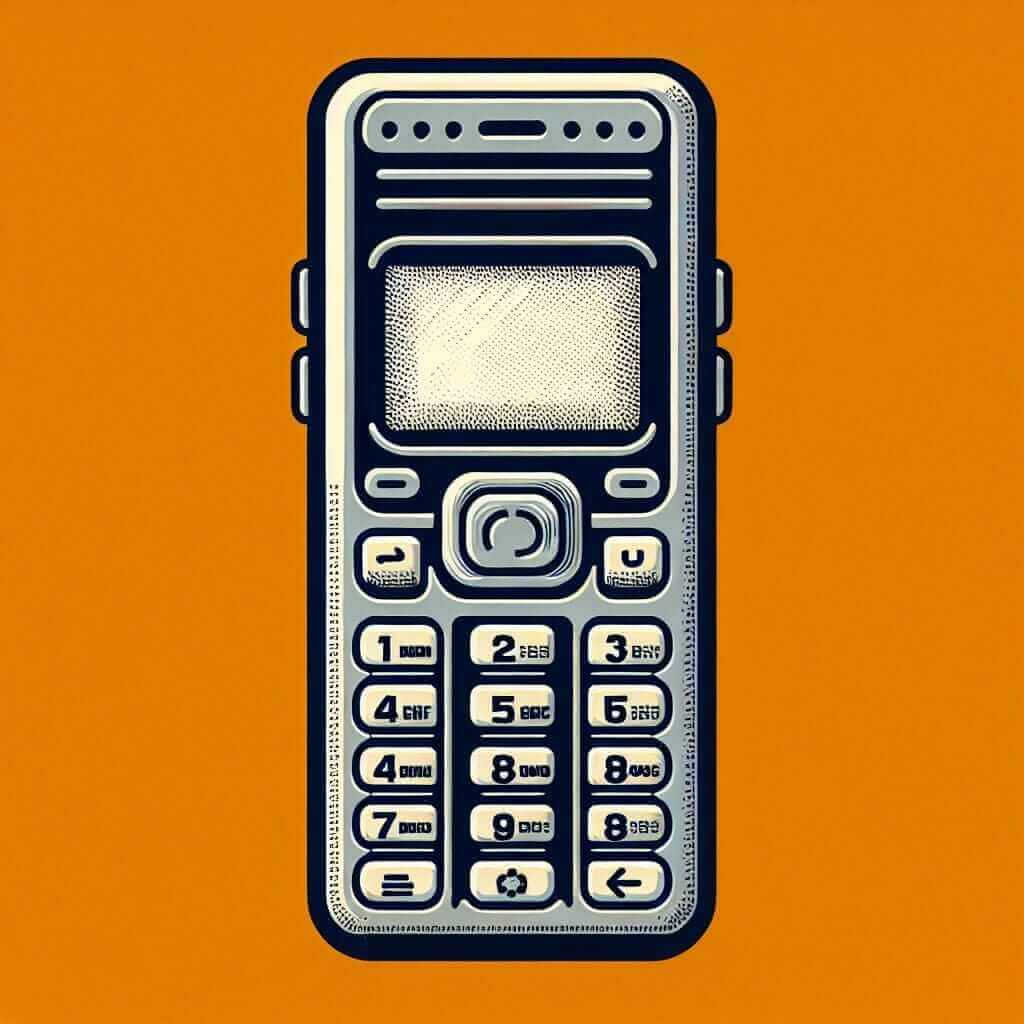Why This Topic Matters
As an IELTS instructor with over 20 years of experience, I can tell you that the IELTS Speaking test is all about your ability to communicate effectively in English. You need to be able to understand and respond to a wide range of questions, and the topics can vary greatly. “When did you get your first mobile phone?” might seem like a simple question, but it’s a great opportunity to demonstrate your language skills.
This question falls under the category of “personal experiences.” The examiner isn’t just looking for a date; they want to hear you:
- Use past tenses accurately: Did you get your phone recently or a long time ago? This requires using the past simple, present perfect, or even the past perfect tense correctly.
- Describe the phone and its features: This helps demonstrate your vocabulary related to technology and your ability to provide details.
- Explain the impact of the phone: How did getting a mobile phone change your life? This shows you can articulate abstract ideas and connect your experiences.
Mastering the “First Mobile Phone” Question
Here’s how to craft a compelling response that highlights your English proficiency:
1. Brainstorm Key Details:
Before you start speaking, take a moment to think:
- When did you actually get your first mobile phone? Was it a significant birthday gift? Did you save up for it?
- What kind of phone was it? Was it a basic model or something more advanced for its time?
- What were your first impressions? Were you excited, overwhelmed, or something else?
- How did having a phone change things? Did it make it easier to stay in touch, organize your life, or explore new interests?
2. Structure Your Response:
A well-structured answer is easier to follow and understand. Here’s a simple framework:
- Start with a clear time frame:
- “I got my first mobile phone quite a while ago, back in [year].”
- “It was [year] when I finally got my hands on my first mobile phone.”
- Describe the phone:
- “It was a very basic model, nothing fancy like the smartphones we have today.”
- “I remember it had a tiny screen and a really long antenna!”
- Share your feelings or a brief anecdote:
- “I was so excited to finally be able to contact my friends and family more easily.”
- “I remember feeling like I had stepped into the future.”
- Explain the impact:
- “Having a mobile phone made a huge difference in my life. It made communication so much more convenient.”
- “It also gave me a sense of freedom and independence.”

3. Example Response:
“I got my first mobile phone when I was in high school, probably around 2005. It was a Nokia, one of those really sturdy models that everyone seemed to have back then. I remember thinking it was so cool, even though it could only make calls and send text messages. Getting that phone made me feel so much more connected to my friends and family, especially since I was starting to become more independent.”
4. Tips for Success:
- Don’t memorize answers: The examiner wants to hear you speak naturally, not recite a script.
- Use a variety of vocabulary: This is your chance to showcase your vocabulary related to technology, feelings, and experiences.
- Focus on fluency and coherence: Speak at a natural pace, and use linking words (like “and,” “but,” “because,” “so”) to connect your ideas.
- Practice makes perfect: The more you practice talking about your experiences, the more confident and fluent you’ll become.
Conclusion
Remember, the IELTS Speaking test is a conversation, not an interrogation. Relax, be yourself, and use the “first mobile phone” question as an opportunity to demonstrate your excellent communication skills. Good luck!